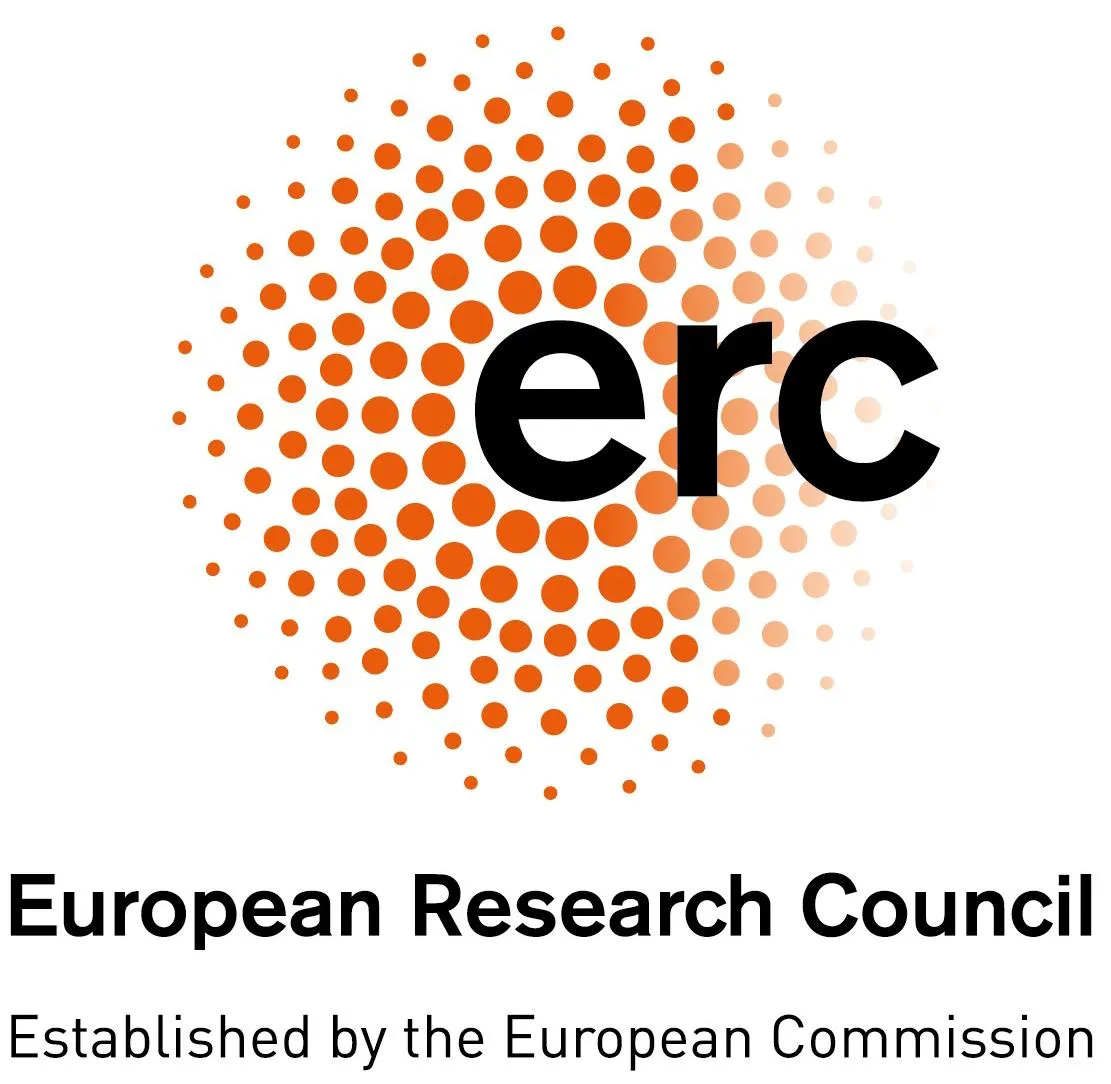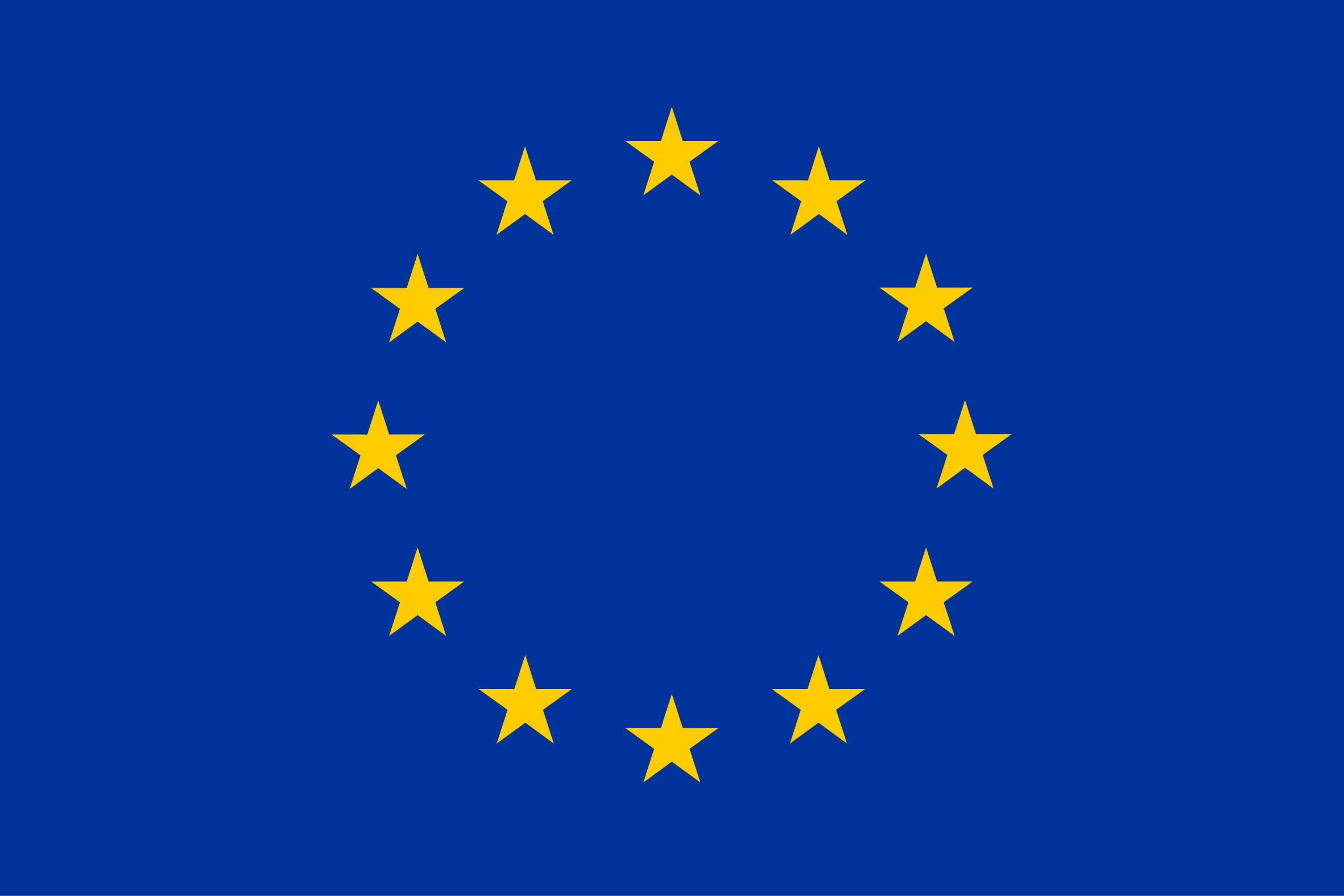EUSOL Project - Solidarity in the European Union
Publics across Europe increasingly feel that the EU undermines the problem-solving capacities of its member states and aggravates political, social, and economic inequality both within and across them. For many years, scholars have wondered whether resolving the EU’s ‘democratic deficit’ might increase the EU’s legitimacy in the eyes of its constituent peoples. Many have also queried what ideal democratic institutions might look like at the EU level. Yet very few have asked what is, in many ways, a more fundamental question—a question, moreover, that underlies and reinforces the growing malaise among European publics: What principles of justice and solidarity, if any, ought to apply at the EU level? Is the EU unjust? We are familiar with debates on social justice and solidarity at the domestic and global level. But what about principles for an inter-, supra-, trans-national institution such as the EU? EUSOL seeks to provide philosophically sophisticated, empirically informed answers to these questions across a broad range of issues that currently divide the EU.
Economic Governance
What principles of justice and solidarity should guide evaluation (and reform) of Economic and Monetary Union? What principles, for example, should inform our reflection on proposals for new fiscal and budgetary powers at the EU level? What principles should we use to judge the relations between debtors and creditors? From the point of view of justice, should reform of EMU promote greater cross-national transfers and risk-sharing or prevent moral hazard and free-riding? Or, alternatively, what principles might help us in determining the mix of risk-reduction and risk-sharing? Similarly, what normative principles, e.g. of equality of opportunity, should govern an open, transnational labour market?
Social Policy
What principles of justice and solidarity should guide the formation of social policy and regulation at the EU level? Should the EU, as a matter of justice, aim to become a Social Union? If so, what kind? Should the EU aim to reduce cross-national inequalities among member states? Among individuals? Why or why not? What kinds of inequality (opportunity, power, income, wealth, status…)? What normative principles might underlie particular mixes of social policy (e.g., regarding social investment, unemployment insurance, basic income) at the EU level?
Citizenship
What principles of justice and solidarity should govern our understanding of EU citizenship? What reasons of justice and solidarity, if any, are there for maintaining open borders within the EU? (Would it be an injustice if borders were re-established between member states?) Do these reasons also support opening borders to third countries? What’s the difference? Are there normatively relevant differences between second- and third-country nationals with respect to admission, residence, access to social benefits and advantages, and equal treatment? Should a normative ideal of EU citizenship extend beyond free movement rights to, for example, include more significant social rights? If so, what kind?
Refugees
What principles of justice and solidarity should help us in shaping refugee policy in the EU? Should there be more burden-sharing? What counts as a ‘burden’, and what would be a fair allocation of costs among member states, refugees, and citizens? What role should freedom and equality of opportunity play in assessing whether refugees should be able to choose their country of destination once granted asylum? Is it an injustice to restrict mobility of refugees?
Enlargement
What principles of justice and solidarity should aid us in evaluating enlargement and exit from the union? Are there duties to enlarge? Duties to stay in? What principles ought to guide ‘divorce’ proceedings?
Further, and more differentiated, integration
Are there reasons of justice for moving toward a more closely-knit federation? Empirically, what would need to be the case for us to conclude that justice-based reasons to roll back the EU outweigh those in favour of its continued existence? What about more differentiated integration, where integration is deepened in some areas, but rolled back in others?
Our Partners

European Research Council

European Union

Principal Investigator
Investigator
Affiliations
Funding
Funding Body: European Research Council
Amount: €1,113,000
Period: September 2018 - August 2023
Contact us
Andrea Sangiovanni (Project Director)
Dept of Philosophy
King's College London
London WC2R 2LS
Eleonora Milazzo (Research Associate)
Dept of Philosophy
King's College London
London WC2R 2LS


